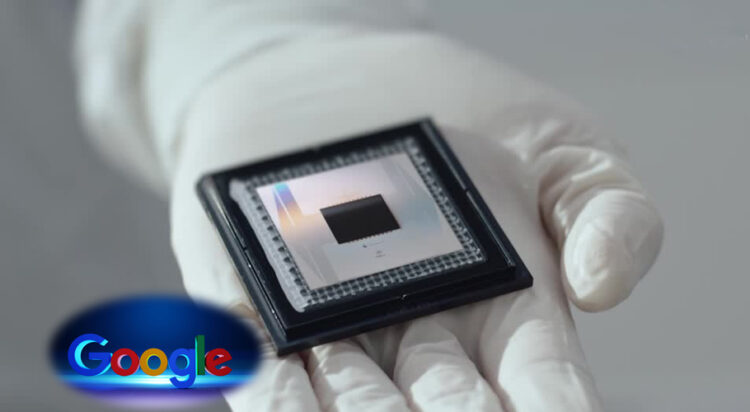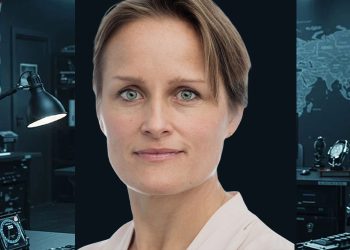Google has announced a major step forward in quantum computing, unveiling its new “Willow” chip, which solved a complex problem in five minutes—a task that would take a classical computer billions of years.
Quantum computing, pursued by tech giants like Microsoft and IBM, promises to tackle challenges in fields like medicine, AI, and energy, far beyond the capabilities of traditional computers. Google’s breakthrough, however, focused on error correction, a critical hurdle in making quantum computers practical.
The Willow chip features 105 qubits, quantum computing’s basic units, which are powerful but prone to errors from tiny disturbances. Google developed a method to link qubits together, reducing error rates as more qubits are added. The chip can even correct errors in real-time, a milestone that takes quantum computing closer to practicality.
Hartmut Neven, head of Google Quantum AI, declared, “We are past the break-even point,” highlighting this as a crucial step toward reliable quantum machines.
Though rivals like IBM have contested Google’s past claims, Google addressed concerns in its latest estimates, maintaining that its chip remains vastly superior to classical computers for such tasks.
To speed up future innovations, Google built a dedicated facility to fabricate its chips, replacing its earlier reliance on a shared university lab. The new setup allows rapid development and testing, accelerating progress in quantum technology.


































